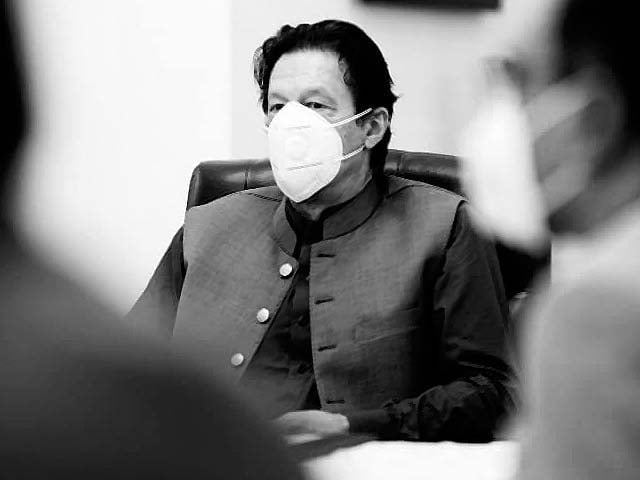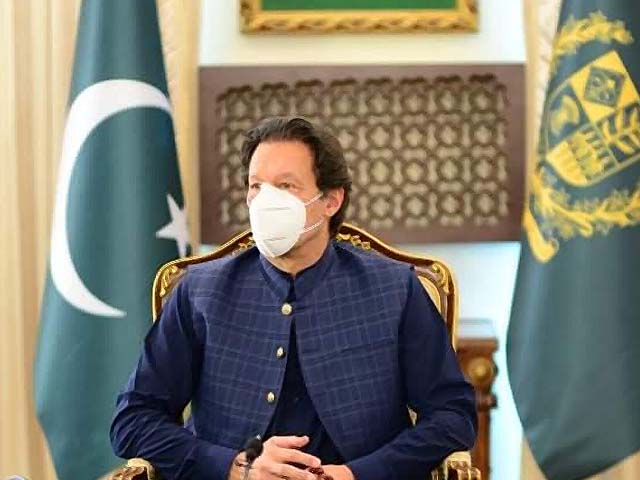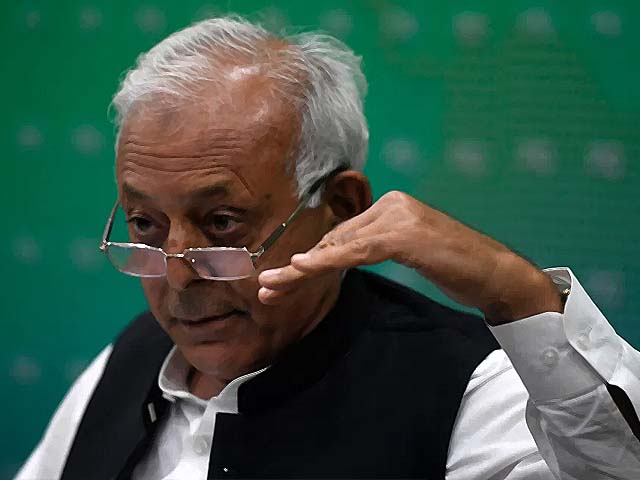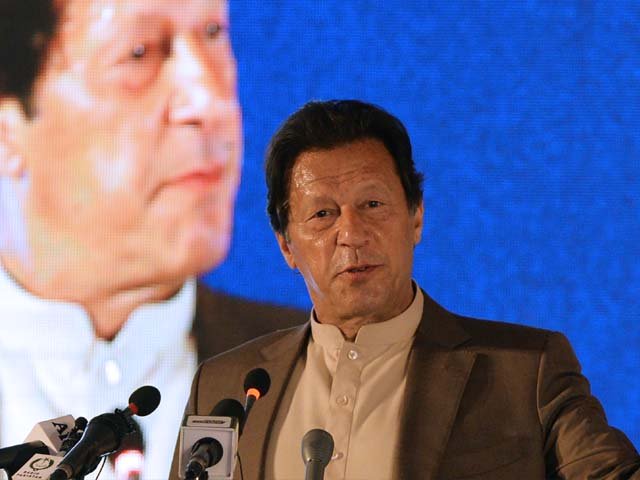
Has the government done enough to prevent the spread of Covid-19 during Eid?
Pakistan is entering into a crucial phase of its Covid-19 trajectory since Eid-ul-Azha is just around the corner. There has been a decline in the number of Covid-19 patients, and Imran Khan’s Pakistan Tehreek-e-Insaf (PTI) government has been claiming that its smart lockdown played a crucial role in curbing the spread of the pandemic. However, some medical experts believe that the numbers given by the government might be false and that the decline in reported coronavirus cases is mainly because of the decline in tests conducted per day. Regardless, given that the World Health Organisation (WHO) has recently said that Covid-19 will continue to behave like “one big wave”, the Pakistan government has to address several problems. The state must ensure that people adhere to government mandated SOPS, and the state is also responsible for preventing large gatherings; especially like the ones which tend to take place during Eid.
On Monday the Punjab government imposed a lockdown in the entire province beginning at midnight. This is undeniably a timely and much-needed decision, but the manner in which the lockdown was announced resulted in a rush at the markets. Roads and markets in the twin cities of Islamabad and Rawalpindi were packed with families rushing to complete their Eid shopping almost like it was chand raat. As a result, some shops remained opened past midnight, and this was reportedly the case in almost all the major towns of Punjab. Ultimately, perhaps the aim to stop people from gathering in large numbers was unsuccessful.
This means that Covid-19 could spread at an alarming rate after Eid. However, one cannot blame the government for this since it seems that both the shopkeepers and the masses are not ready to take precautionary measures in order to save their own lives; and we saw how during Eid-ul-Fitr the Supreme Court allowed shopping malls to be re-opened. Hence, the Punjab government has played it safe this time around and has imposed a lockdown even though PTI will likely face some opposition from the business community for this.
However, the question arises as to why the federal government has been unable to devise a cohesive national action plan regarding a nationwide lockdown during Eid-ul-Azha. At the time of writing this piece, Punjab is the only province which has imposed a lockdown during this Eid period. The lack of a cohesive strategy is resulting in confusion among the masses and especially among the traders. We witnessed it on Tuesday when in several major towns in Punjab many traders and shopkeepers defied the lockdown and opened their markets. Law enforcement agencies finally had to arrest those who were defying the lockdown, but this actually depicts the inability of the federal government to convince trade unions through the National Command and Operation Centre (NCOC) and the National Coordination Committee (NCC) to abide by the lockdown.
Furthermore, the fact that sacrificial animals are now being sold in housing societies and small markets instead of at allocated spaces for cattle markets is also increasing the risk of a Covid-19 spread. Contrary to government claims of imposing strict measures and limiting sacrificial animals to specific markets, these animals are being sold in every nook and corner of most major towns, especially in densely populated areas. Thus, the risk remains that those who come from different villages and far-flung areas of the country to sell their goats and cattle may go back to their localities as carriers of the virus. If the government can at least make sure that the selling of sacrificial animals is limited to the cattle markets only then perhaps a catastrophic situation after Eid can be avoided.
However, many of the cattle markets do not have satisfactory measures in place to restrain the contagion either. A more suitable alternative would have been to designate a few organisations, like the Saylani Welfare Trust, to play the role of a facilitator by transporting the animals to the doorsteps of the buyer. This could have helped reduce direct contact between the buyers and sellers. Since a large segment of the population does not have access to the internet and cannot rely on an online vendor to provide them with the animal, a reputable social welfare organisation could have helped in this regard.
In any case, the government cannot be held solely responsible for not taking the pandemic seriously since it is the collective attitude of the country that has played a role in potentially increasing the spread of the virus during Eid. Perhaps what the government lacked was a plan to change the behaviour of the people through the help of medical counsellors and round the clock media campaigns. A simple message that usually runs on television channels warning people of the dangers of Covid-19 is not enough to alter societal behaviour; especially when religious sentiments are also at play.
Despite the Punjab government’s timely lockdown, it seems that the federal government is still unclear as to how it should tackle the spread of the pandemic; particularly during religious festivals like Eid or the upcoming Muharram. One must also inquire as to what the NCO or NCC have done with regards to ensuring that the government and masses both adopt and enforce precautionary measures during Eid. It appears that like their paltry attempts to control the virus during Eid-ul-Fitr, the government is once again simply hoping that better sense will prevail among the masses.




COMMENTS
Comments are moderated and generally will be posted if they are on-topic and not abusive.
For more information, please see our Comments FAQ